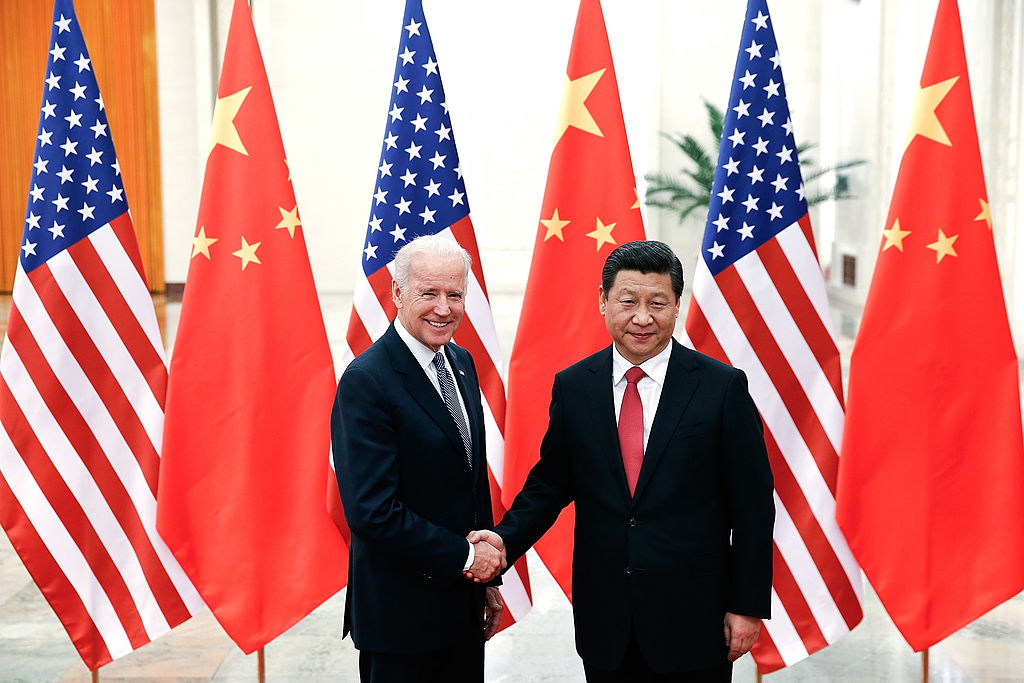In a surprising turn of events, China recently opted to drastically trim down a three-day no-fly zone they had announced northeast of Taiwan. Initially set to be in effect from the 16th to the 18th of this month, the zone now only spans a mere 27 minutes on the 16th.
According to China’s Maritime Safety Administration, this adjustment is due to “aerospace activities.” It seems the first phase of a Chinese space launch vehicle is expected to re-enter Earth’s atmosphere at that moment.
Taiwan and other entities, including aviation authorities, had voiced their concerns about the originally proposed no-fly zone duration. Despite China’s objections, it appears these complaints were heard, showing a clear sign that pressure can sway Beijing’s decisions. This raises an interesting question: Could the international community use similar pressure to deter China from its efforts to annex Taiwan?
China maintains a firm stance on Taiwan’s sovereignty, stating that there is only one China in the world, and Taiwan is an inseparable part of it. However, as history has shown, China’s foreign policy isn’t as “principled” as they’d like us to believe. It’s more tied to their internal politics and has seen changes over time. Currently, President Xi Jinping prefers to employ an intimidating approach to diplomacy, but with the right push from the U.S., even this stance could be altered.
The U.S. has long aimed to keep tensions low across the Taiwan Strait by maintaining a policy of “strategic ambiguity.” This means neither China nor Taiwan has a definitive idea of how the U.S. would respond in the event of an escalating conflict. This approach was designed to prevent Taiwan from initiating an invasion on China, but with Taiwan now democratized, this is no longer a worry. Still, Washington holds onto this dated policy.
With Xi Jinping’s near-constant threats, the world is far from the peaceful times during which the policy of strategic ambiguity was effective. There’s a growing call for “strategic clarity,” making it clear to China that the U.S. will stand by Taiwan in the event of an attack.
President Biden seemed to embrace this idea by clearly stating, on four separate occasions, that the U.S. would defend Taiwan. Regrettably, his administration quickly downplayed his firm stance, reaffirming the U.S.’s unchanged policy on Taiwan. This inconsistency communicates not strength, but disorder to China, which could potentially embolden Beijing to act even more aggressively.
How can Biden rectify this situation and reestablish deterrence? He should consider recognizing Taipei as the official government of Taiwan if they wish for such recognition, offer a mutual defense pact, and swiftly transport weapons and supplies to the island, even stationing troops there.
These steps may seem risky, but with the deteriorating situation across the Taiwan Strait, it’s time to reconsider policies once deemed extreme. After all, the most dangerous option is sticking with the policies that have led us to this precarious situation.
China has always stated that Taiwan’s independence would mean war. However, this statement is effectively nonsensical. The Republic of China already meets the criteria for an independent state.
Beijing’s delay in reporting casualties from a surprise attack on Indian forces in Ladakh in 2020 indicates that the Communist Party might be hesitant to engage in a full-blown war over Taiwan. The fear of significant casualties could serve as a deterrent.
To truly establish deterrence, the Biden administration must possess the ability to inflict substantial casualties on China. Unfortunately, Biden has made it clear he opposes nuclear weapons. Therefore, he needs to quickly devise a conventional plan to counter China’s aggressive posturing.













